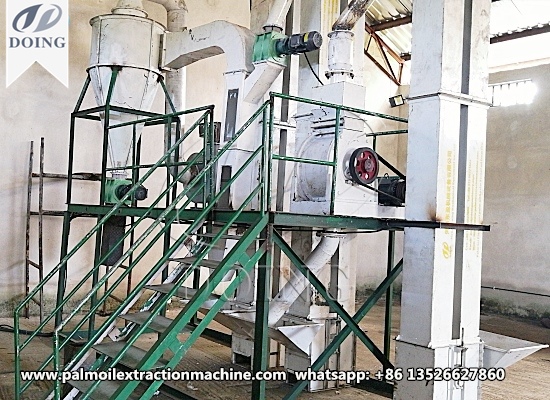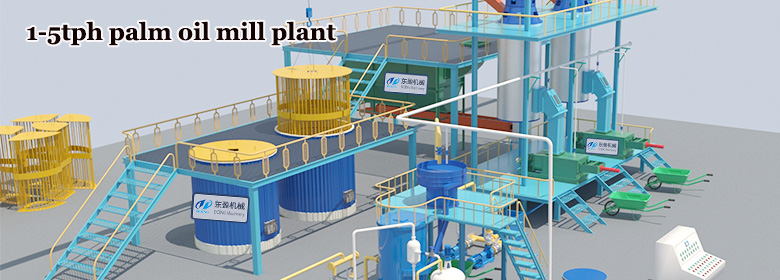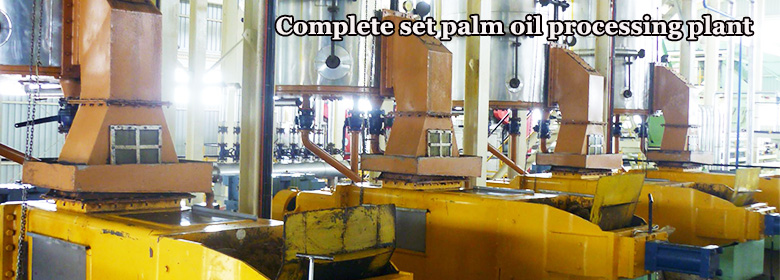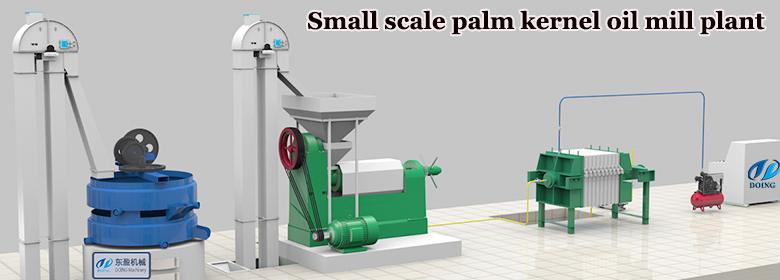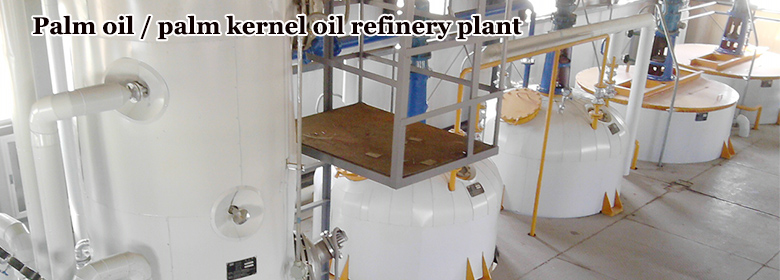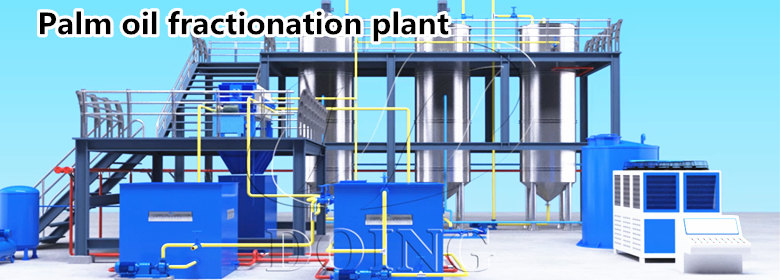What impact does the palm oil mill in Indonesia have on the environment?
Palm oil production in Indonesia has been linked to deforestation, habitat destruction, biodiversity loss, and air and water pollution. Thus the palm oil mill in Indonesia has significant environmental impacts, both positive and negative. Below I will analyze the positive and negative impacts of the palm oil mill in Indonesia one by one:
Positive Impacts:
1. Carbon Sequestration:
Palm fruit trees absorb carbon dioxide during photosynthesis, making them an effective tool for carbon sequestration. Mature palm fruit trees can store large amounts of carbon, helping to mitigate climate change.
2.Biodiversity:
Well-managed palm fruit plantations can contribute to biodiversity by providing habitat for various species. Intercropping with other plants can also support diverse ecosystems within these areas.
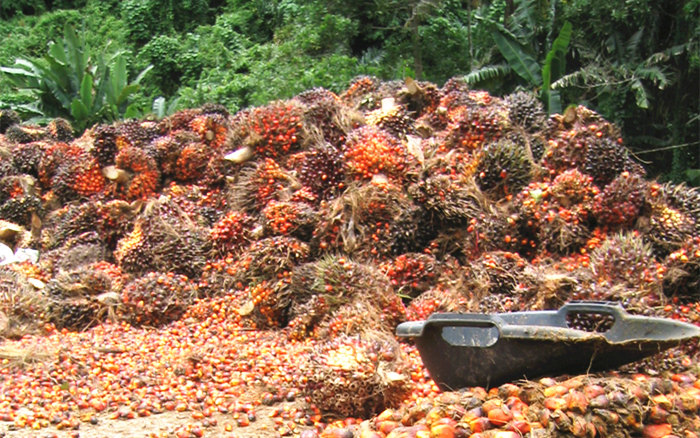 The picture of palm fruit plantation
The picture of palm fruit plantation
Negative Impacts:
1.Deforestation:
The most critical environmental issue associated with palm oil processing process is deforestation. Large areas of tropical rainforests, which are vital carbon sinks and home to numerous endangered species, are cleared to make way for palm fruit plantations. This not only releases stored carbon but also eliminates habitats, leading to a loss of biodiversity.
2.Habitat Destruction:
The destruction of natural habitats affects wildlife, including endangered species such as orangutans, tigers, and elephants. These animals often face displacement or death as their habitats are destroyed.
3.Water Pollution:
Palm oil mill produces wastewater that contains high levels of pollutants like oil, grease, and organic matter. If not properly treated, this wastewater can pollute rivers and lakes, harming aquatic life and affecting the water quality used by local communities for drinking and irrigation.
4.Air Pollution:
The burning of forests to clear land for palm fruit plantations releases significant amounts of carbon dioxide and other greenhouse gases into the atmosphere, contributing to climate change. Additionally, the palm oil processing process generates air pollution from boilers and furnaces used in palm oil mill.
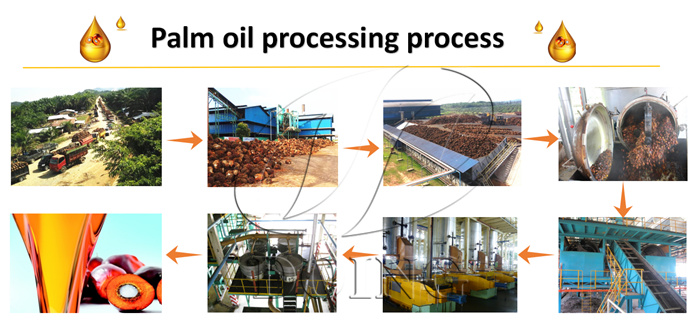 Palm oil processing equipment used in palm oil processing process
Palm oil processing equipment used in palm oil processing process
5.Soil Degradation:
Intensive farming practices can lead to soil degradation, reducing fertility and increasing erosion. The heavy use of pesticides and fertilizers can also contaminate soils and groundwater.
6.Climate Change:
Palm oil processing process contributes to climate change through deforestation, forest fires, and emissions from transportation and processing. As mentioned, deforestation releases stored carbon, while fossil fuels used in production contribute to greenhouse gas emissions.
In conclusion, in order to mitigate these negative impacts, sustainable practices such as responsible land management, reduced use of harmful chemicals, and replanting native vegetation are essential. If you have any questions about the impact of palm oil mill on the environment, please feel free to contact us. We are a professional palm oil mill manufacturing company with many years of experience and can assist you in solving your questions.
 PREV:What are the key strategies for success in palm oil business?
PREV:What are the key strategies for success in palm oil business?
 NEXT:How to improve the oil yield of the palm oil processing process
NEXT:How to improve the oil yield of the palm oil processing process
Leave A Message
If you wanna to get more details about What impact does the palm oil mill in Indonesia have on the environment? . you can send E-mail to palmoil@doinggroup.com. And you also can leave a message in below form. We will back to you ASAP once we got your message.
- What are the basic equipment needed for a palm oil commercial production?
- Optimize your palm oil production line: fractionation process & machinery explained
- What must be avoided during the palm oil pressing process?
- Step-by-step guide to operating a palm oil extraction machine safely
- How to improve the oil yield of the palm oil pressing process
- FAQs on palm oil fractionation process: key equipment and cost breakdown
-
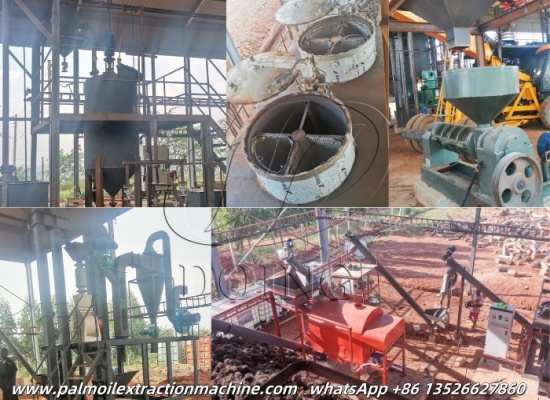
-
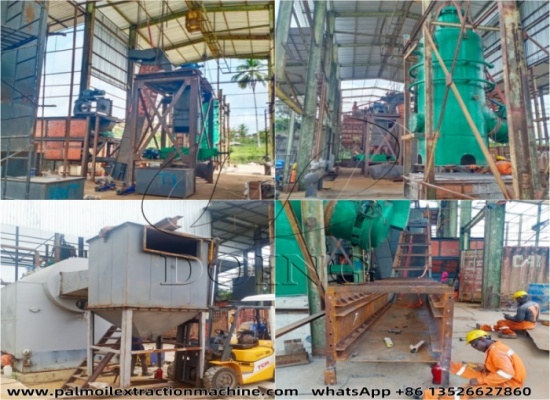
5tph palm oil processing machines project successfully installed in Liberia
-
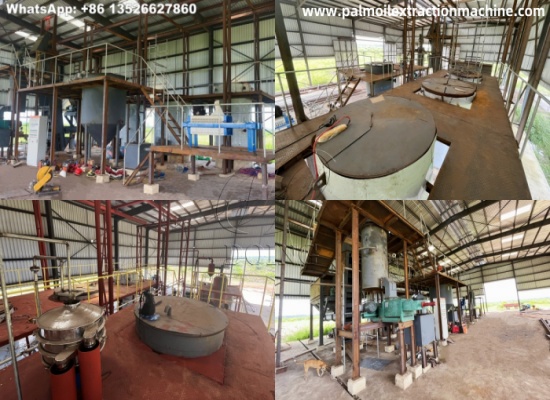
1tph palm oil pressing plants project successfully installed in Lagos, Nigeria
-
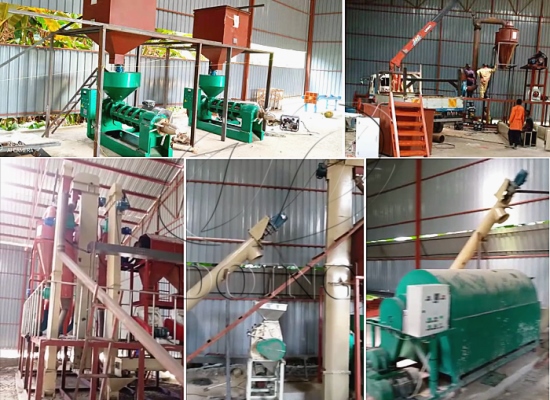
-
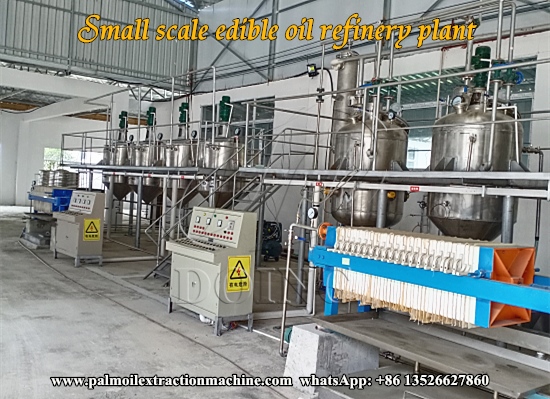
-
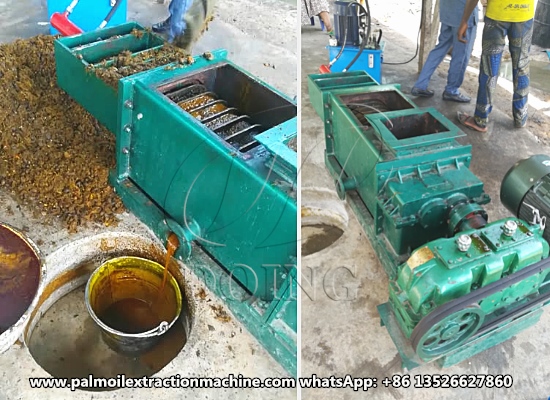
-
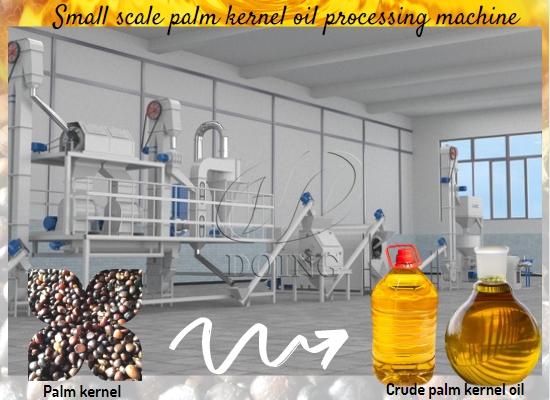
-
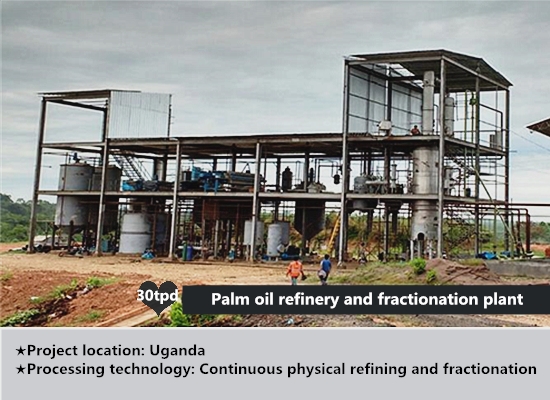
30tpd palm oil refinery and fractionation plant project in Uganda
-
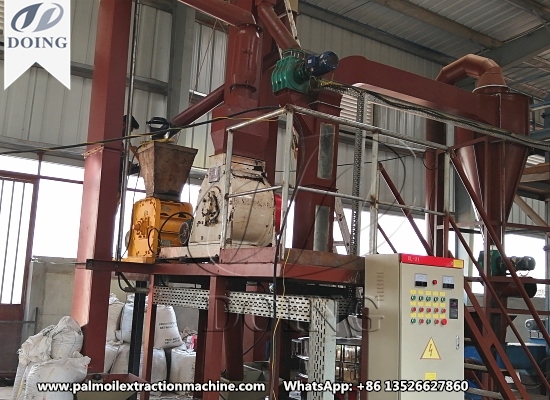
Palm kernel cracker and shell separator machine successfully installed in Sierra Leone
-
